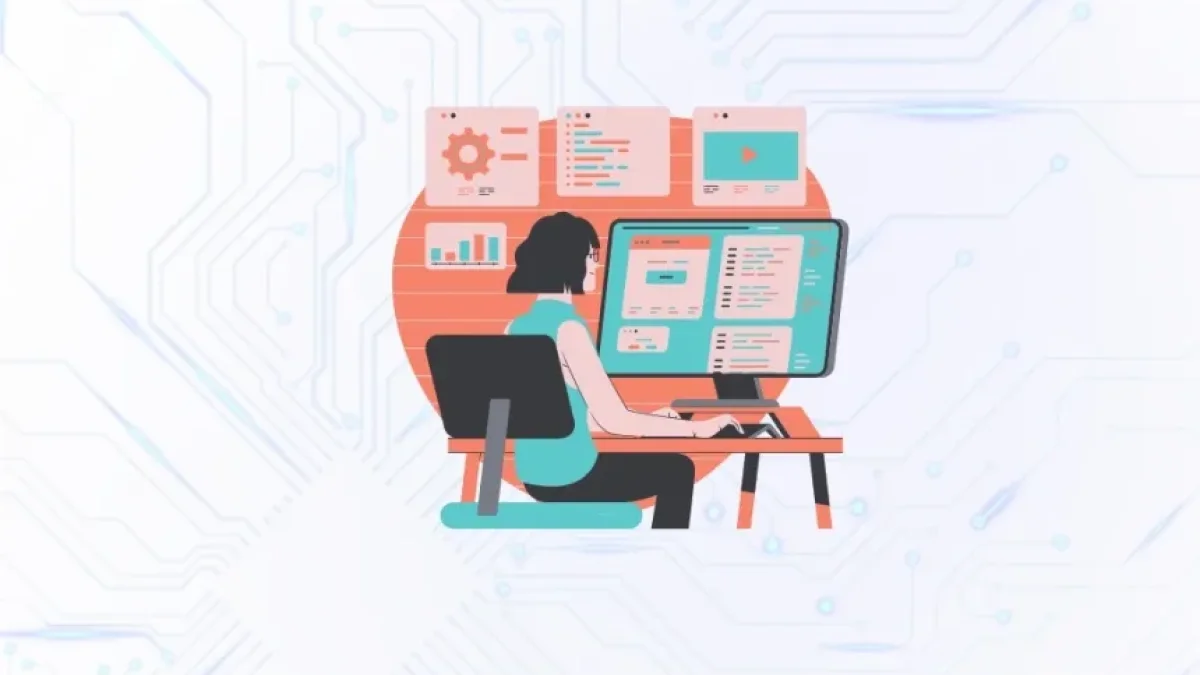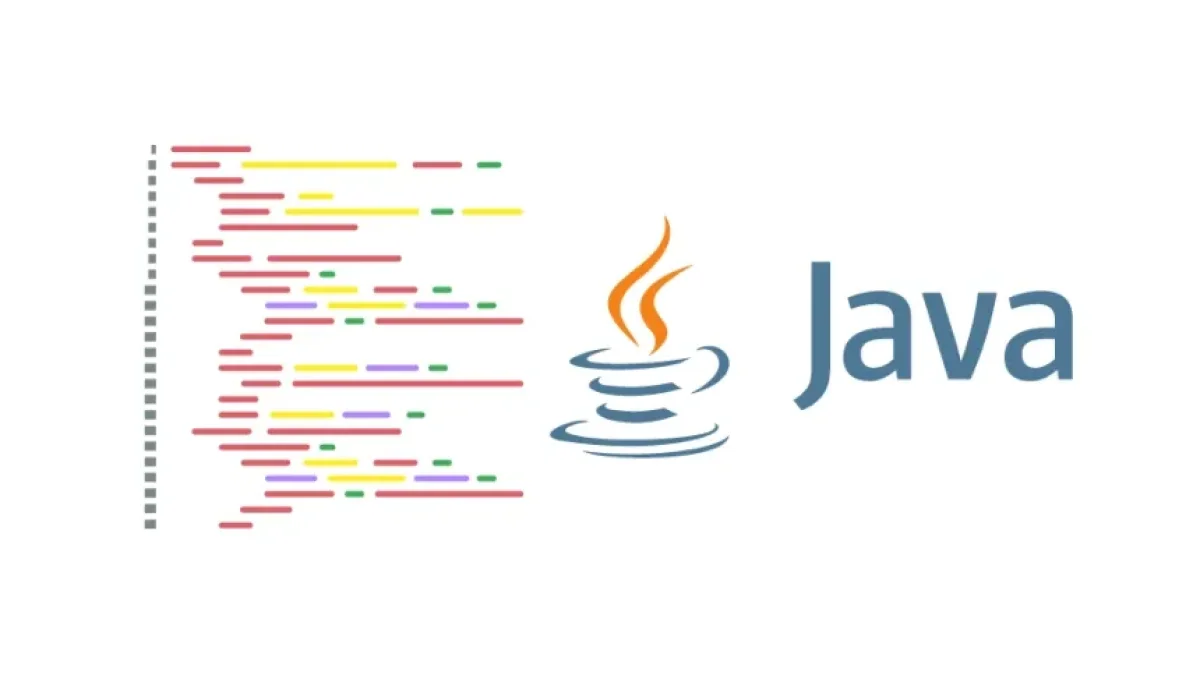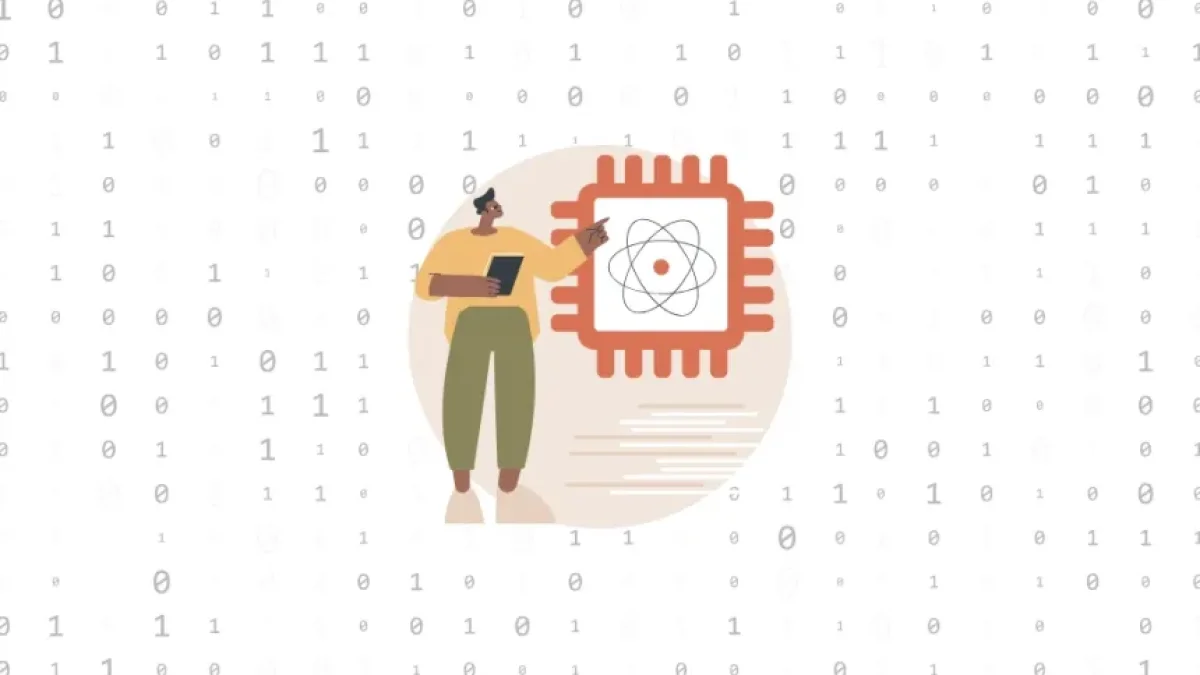How to Start Programming from Scratch A Beginner's Guide


Programming is an increasingly sought-after skill in today’s job market. Learning to program can open many doors in various industries, from technology to art. If you’re reading this, it’s likely that you want to embark on your journey into the world of programming. In this guide, we will detail the steps you need to follow to start programming from scratch, along with useful resources and tips.
Why Learn to Program?
Before diving into the details of how to start, it’s important to understand why programming is valuable:
- High Job Demand: Programming skills are highly valued in the job market, with many opportunities available.
- Creativity: Programming allows you to create applications, games, and innovative solutions.
- Problem Solving: Learning to program enhances your ability to solve problems and think critically.
Where to Start?
Choose a Programming Language
Choosing a programming language is a crucial step. Here are some of the most recommended languages for beginners:
- Python: With its simple syntax and readability, Python is ideal for beginners. It’s used in web development, data science, artificial intelligence, and more.
- JavaScript: This is the language of the web. If you’re interested in web development, JavaScript is essential.
- Ruby: Known for its simplicity and elegance, Ruby is a good choice for web development, especially with the Ruby on Rails framework.
- Scratch: For younger learners, Scratch is a visual language that teaches basic programming concepts in a fun way.
Online Resources
There are numerous online resources that can help you learn to program. Some of the most popular are:
- Codecademy: Offers interactive courses in various programming languages.
- freeCodeCamp: A comprehensive resource that offers a free curriculum to learn programming and earn certifications.
- Coursera and edX: These platforms offer programming courses from recognized universities.
- YouTube: There are many free tutorials and channels dedicated to teaching programming.
Practicing Programming
Personal Projects
One of the best ways to learn programming is by applying your knowledge to personal projects. Here are some ideas:
- Create a personal website: Use HTML, CSS, and JavaScript to build your own site.
- Develop a simple game: Use Python or JavaScript to make a simple game.
- Automate tasks: Write scripts that automate repetitive tasks on your computer.
Join Communities
Joining programming communities can provide support and motivation. Consider these resources:
- GitHub: Collaborate on open-source projects and learn from other programmers.
- Stack Overflow: A forum where you can ask questions and help other programmers.
- Forums and Facebook groups: There are many groups focused on programming where you can share your questions and progress.
Continue Learning
Read Programming Books
Books are valuable resources for deepening your knowledge. Some recommendations include:
Read also
- "Python Crash Course" by Eric Matthes: An excellent book for learning Python.
- "Eloquent JavaScript" by Marijn Haverbeke: Ideal for understanding JavaScript and its ecosystem.
- "The Pragmatic Programmer" by Andrew Hunt and David Thomas: A guide on how to think and act like a programmer.
Take Advanced Courses
Once you feel comfortable with the basics, consider taking advanced courses that focus on specific topics such as:
- Web Development (backend and frontend)
- Data Science
- Artificial Intelligence
- Game Development
Tips to Stay Motivated
Programming can be challenging, but with the right strategy, you can stay motivated:
- Set small goals: Work on manageable projects and celebrate your achievements.
- Dedicate daily time: Consistency is key. Spend at least 30 minutes a day practicing.
- Don’t fear mistakes: Mistakes are part of the learning process. Use them as opportunities to learn.
Conclusion
Starting to program from scratch may seem overwhelming, but with determination and the right resources, you can become a competent programmer. Remember to choose the language that best suits your interests, practice consistently, and don’t hesitate to seek support from the community. Your journey into programming has begun!
Additional Resources
Make the most of these resources, and good luck on your path to programming!



















